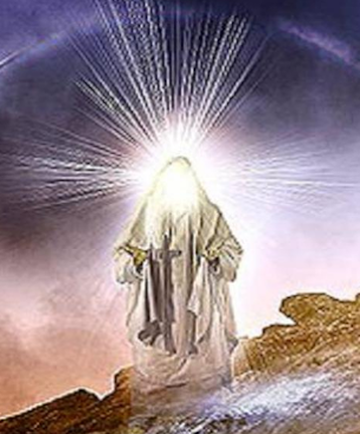Draws a distinction between intelligent and intellectual.
Recognizes unexamined thinking leads to credulous understanding and discontent.
Examines grammar (language) for conceptual confusion and philosophical credulity.
Considers the universe as "artifice," with empirical and skeptical qualifications.
Accepts there are things that we do not know, do not understand, nor can explain; and operates effectively with (and within) this "locus of philosophical lacunae" in our understanding.
Makes sport of middlebrow affectation and conceit; for purposes of method and recreation.
Recognizes play as both method and recreation ( i.e. healthy).
Believes in truth.
Remains open to contemplation, new ideas, new evidence, and sound instruction.
 |
| Exodus 34:30 |


























1 comment:
Philosophy - in its classic way (Socrates, Pirandello, Sgalambro, Wittgenstein) - is not concerned with truth or doubt or theories but it looks at the obvious and amazing sense of the world - life, experience, reality - and its funny logic and in its ultimate limits. Nothing is beyond the limits of the world, except its own limits. And these point beyond! Philosophy is no skepticism nor nihilism. It believes in scientific knowledge but this is not its own job or proper interest. It leaves things as they are. It is unuseful. All can be explained by science. Which however doesn't touch philosophy. Philosophy looks at reality and logic of evidence in order to treat some scientifical credulity or huge confusions when science becomes popular belief and is similar to science fiction contrasting the evidence of life.
Post a Comment